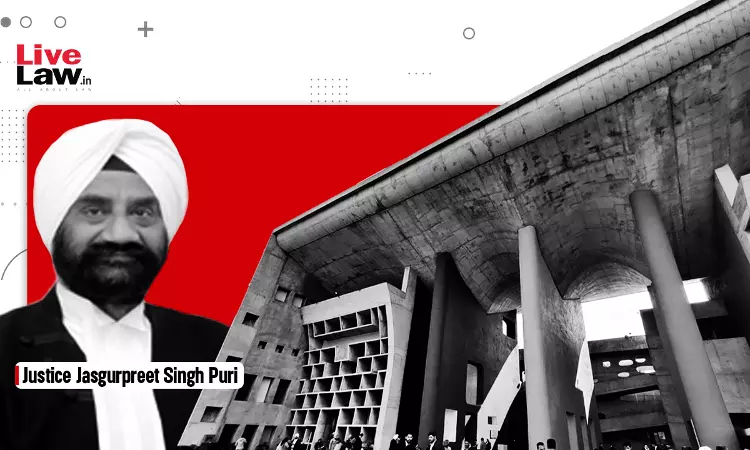The Punjab and Haryana High Court refused to quash the order disqualifying a law student from appearing in any University examination for two years, after he was found cheating during an exam.The Panjab University had caught a BA LLB student of first year with objectionable material during the exam and disqualified him from appearing in any University examination for two years.Justice...

